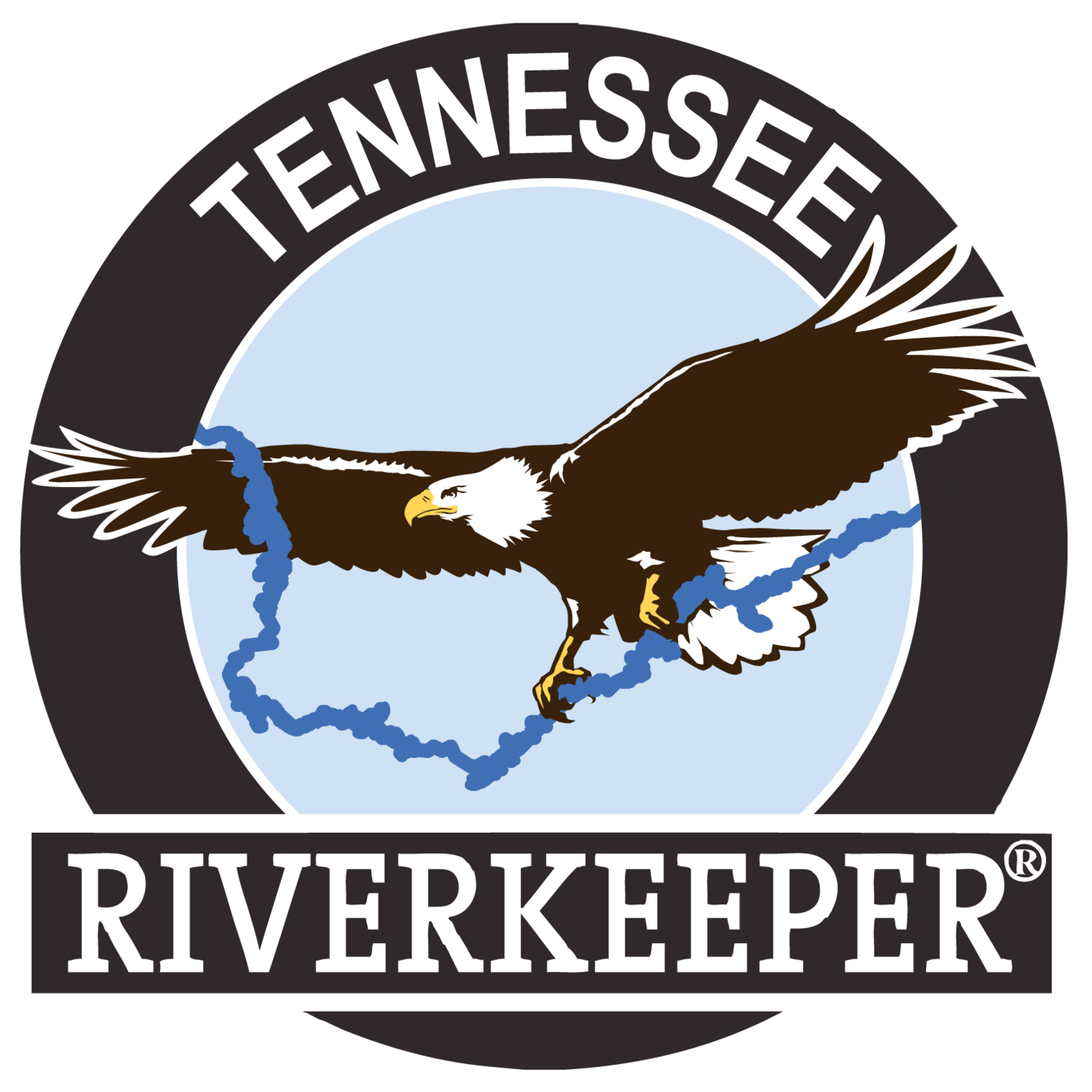Chicken Sludge - A New Subsidy to Big Chicken from Uncle Sam
By David Whiteside
The corporate chicken industry is one of the biggest polluters and public nuisances in the United States. I love the little chickens but hate Big Chicken.
Southerners of all backgrounds are fed up. Besides the pollution, these chicken factories are terrible neighbors. Massive sprawling houses of breeders, broilers, layers, and processing plants have essentially driven Old McDonald’s bucolic farm out of business in the name of increased profits and subsidized cheap chicken. While ads encourage Americans to eat “healthy” chicken during every meal, factory production of chickens increases. Tyson Foods and a cabal of chicken corporations shrewdly buy politicians who gut laws, enabling them to cut corners to further increase profits, eliminate small farmers, and avoid accountability.
Entire communities are sacrificed through depreciated property values, diminished public health, and persistent discharges of uncontrolled amounts of chicken feces and body parts across the South. Each chicken “house” can hold 125,000 chickens. There are so many chicken factories in Tennessee and Alabama that state agencies have a hard time counting them, much less regulating them. All this putrid chicken poop is not treated and is rarely contained properly. The industry cannot handle such large volumes of waste and pollution so they dump it wherever they want and call it fertilizer.
Additionally, working in many of these chicken factories is risky, grueling, and dangerous. Infectious diseases run rampant and are an epidemiological bridge between chickens and humans. The corporations force many factory farmers into massive debt in a form of modern-day indentured servitude. The locals keep the financial risk, debt, and waste, while the corporation keeps the product and the profits.
Arkansas-based Denali is just one of the companies dumping out-of-state sludge in the South. Maryland-based Synagro also disposes of biosolids in the South, both in landfills and on fields. Both of these corporations are the subjects of numerous complaints. Tennessee Riverkeeper has already sued Denali for PFAS pollution, also known as “forever chemicals.”
Julie Lay, a community leader who lives near sludge disposal locations says: "The use of poultry sludge as fertilizer is a cover-up for cheap, under regulated, dumping of sludge that would otherwise be considered solid waste.”
Truly a bipartisan issue, a growing number of people want the massive Denali sludge factory in North Alabama to stop, including Barbara Crow, a Democrat, and Robert Chandler, a Republican, who has two trucks with “Trump” spray-painted on them. Both have complained to government agencies that are subservient to Big Chicken, and nothing was done about it. Chandler said, “I think it should be shut down and they should be fined.” Crow, who lives on Crowdabout Creek across from a Denali sludge factory, said she first became wary of the property in November 2020 when she saw numerous 18-wheeler tanker trucks entering the property to access the road that led to the lagoons where the sludge is dumped before being applied to the land.
Crow recalls: “chicken sludge trucks were just lined up waiting to dump all day long. Those of us who live close and/or downwind found it unbearable to be outside. The smell was almost daily and we could not open the windows, work in gardens, hang clothes on the line to dry, and children could not play outside. Then came the ‘bloom’ in Crowdabout Creek! The creek bed was covered in tree roots that reached into the water were also covered. The branch of the creek coming in from the west did not have any of the ‘bloom’ in it, only the branch downstream from Denali’s sludge holding ponds. It looked like large Dandelion blossoms, but were a beige, creamy color with a little dark center. That water goes into Flint Creek and to the Tennessee River – that’s our drinking water! I reported it to the state authorities and they waited nine days before they checked it. In the meantime we had a flooding rain and it all washed downstream, and was gone by the time the state did their job.”
Big Chicken has fouled our food, water, and homes for too long. One of my great regrets as a Riverkeeper is that this industry has thus far avoided accountability while increasing pollution. Tennessee Riverkeeper is working hard with other Waterkeeper organizations and concerned leaders to prosecute the biggest and baddest of the industry and enact common-sense regulations that will protect our water, food, and quality of life. We hope to make 2023 the year of the chicken. These animal abusers will be held accountable for their crimes against nature.
In the meantime, maybe skip the chicken at your next meal.…

